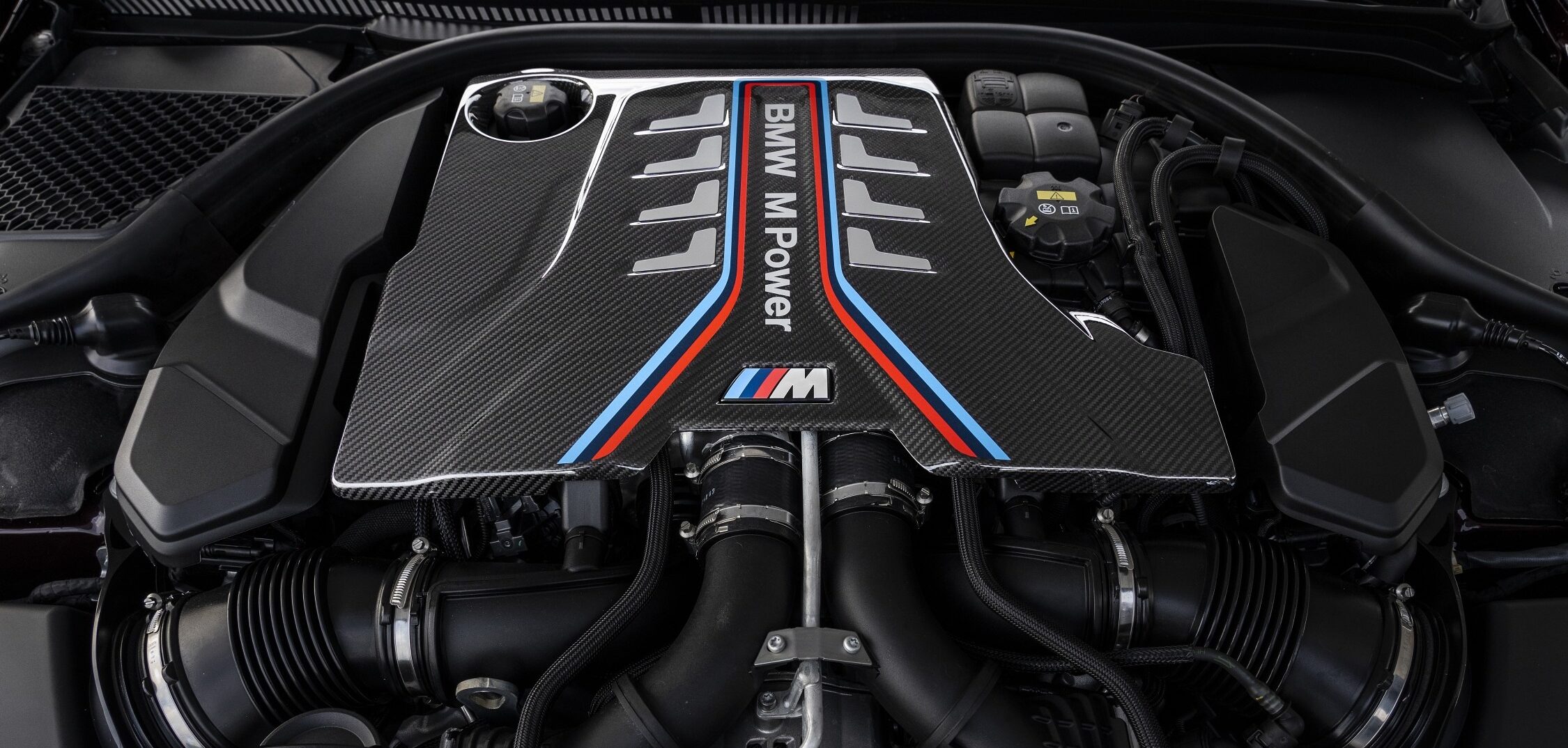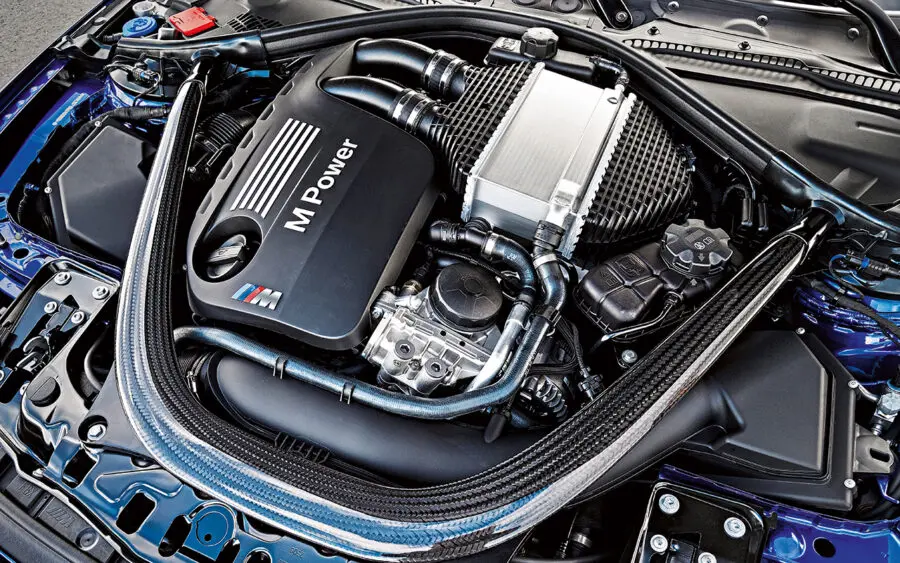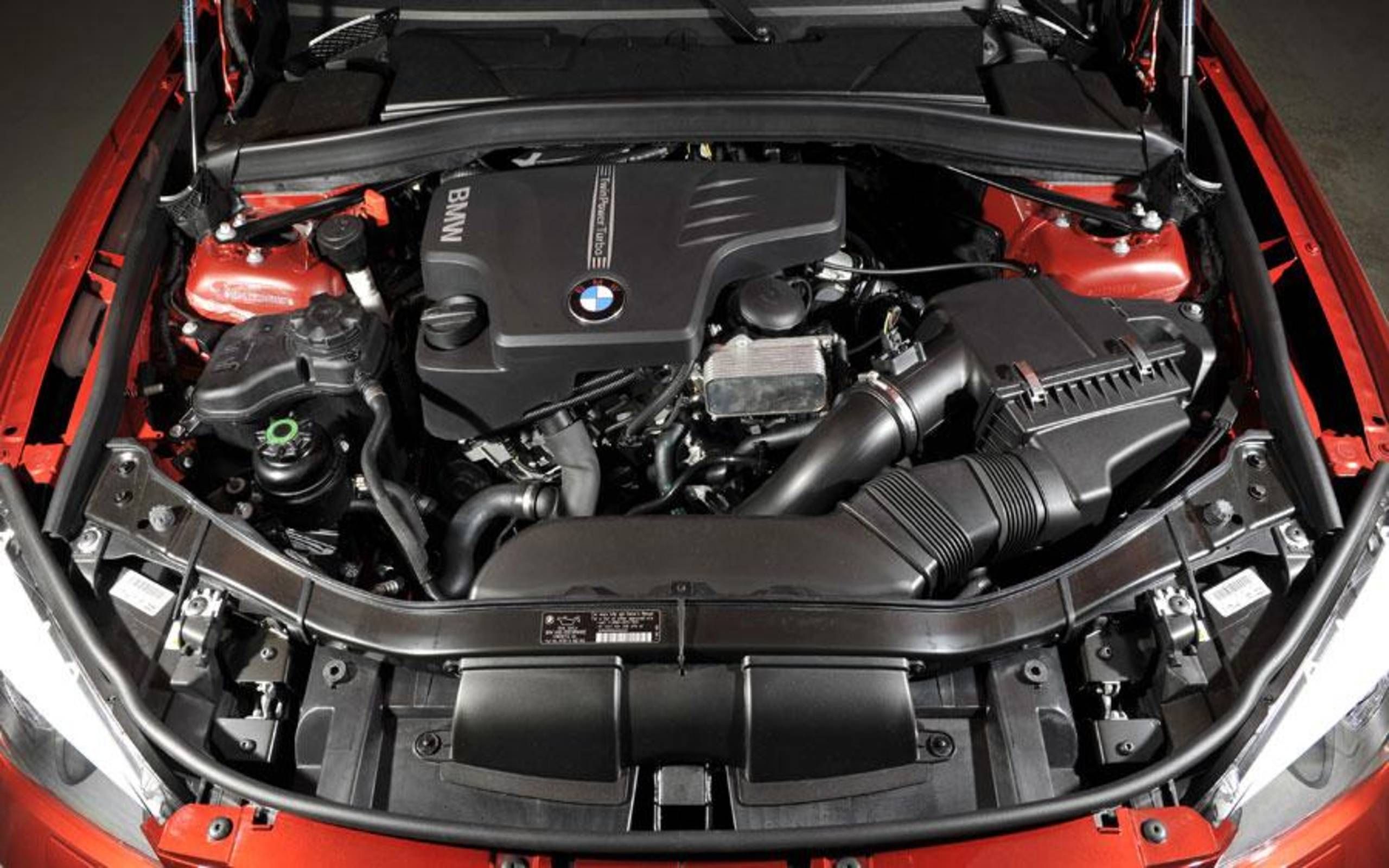A Comprehensive Overview to Recognizing BMW Engine Specs
A Comprehensive Overview to Recognizing BMW Engine Specs
Blog Article
Revealing the Intricacies of Next-Generation Power Units: a Deep Dive Into Advanced Engine Developments and styles
As we stand on the precipice of a brand-new age in transport, the complexities of next-generation engine styles beckon us to discover the sophisticated modern technologies and advancements that promise to redefine the driving experience. Delving much deeper into the realms of exhaust control, smart engine management systems, and the horizon of power unit growth, we find ourselves on the cusp of a makeover that assures to reshape the landscape of mobility as we recognize it.
Advancement of Engine Materials

The shift in the direction of advanced engine products has actually also enabled designers to create engines with higher power results while keeping fuel efficiency criteria. The usage of lightweight products decreases the total weight of the engine, leading to boosted fuel economic situation and reduced emissions. Additionally, developments in materials innovation have actually allowed for better thermal management within engines, leading to enhanced dependability and long life.
Turbocharging and Supercharging Technologies
Just How do Turbocharging and Supercharging Technologies reinvent engine efficiency and efficiency in modern-day cars? Supercharging and turbocharging are technologies that considerably boost engine performance by boosting the amount of air intake into the combustion chamber. Turbocharging achieves this by utilizing a wind turbine driven by exhaust gases to pressurize the consumption air, while supercharging uses a belt- or chain-driven compressor to accomplish the very same effect.
These innovations allow smaller sized, extra fuel-efficient engines to produce power comparable to bigger ones, understood as downsizing. By compeling more air right into the cyndrical tubes, turbocharging and supercharging enhance combustion performance, leading to boosted horse power and torque outcome without a considerable increase in engine size. This results in much better acceleration, towing capability, and overall driving performance.
Moreover, turbocharging and supercharging add to boosted gas effectiveness by enabling the use of smaller sized engines that take in much less gas under normal driving problems - bmw engine. This mix of improved efficiency and effectiveness has actually made turbocharging and supercharging important parts of many modern-day engine layouts
Exhaust Control and Environmental Influence
With boosting international problems regarding air high quality and ecological sustainability, the implementation of emission control technologies in lorries plays an important role in lowering damaging pollutants launched right into the atmosphere. Modern automobiles are outfitted with innovative discharge control systems that assist reduce the ecological influence of automobile procedures. Catalytic converters, for circumstances, are made to convert harmful gases such as carbon monoxide, nitrogen oxides, and hydrocarbons into less dangerous substances like co2 and water vapor.
Moreover, improvements in engine technology, such as the assimilation of exhaust gas recirculation systems and careful catalytic decrease, have considerably contributed to reducing exhausts. These modern technologies work in tandem to maximize burning performance and minimize the release of unsafe contaminants right into the air. Furthermore, the growth of crossbreed and electrical cars stands for an important action in the direction of decreasing the total ecological impact of the transport field.
Intelligent Engine Management Equipment

Additionally, these systems allow lorries to satisfy stringent discharges requirements without jeopardizing performance, giving a much more eco-friendly driving experience. The integration of man-made knowledge and artificial intelligence capabilities in engine monitoring systems proceeds to push the borders of what is feasible, causing more renovations in performance, integrity, and overall lorry efficiency. bmw engine. As vehicle innovation advancements, intelligent engine management systems will play a critical function fit the future of transport in the direction of a much more sustainable and reliable instructions
Future Trends in Power Unit Growth
As intelligent engine monitoring systems lead the means for enhanced control and optimization in modern-day vehicles, future patterns in power system advancement are poised to redefine the landscape of auto propulsion innovations. These different power sources provide boosted efficiency and efficiency while straightening with rigorous ecological policies.
One more significant trend is the combination of innovative products and manufacturing techniques. Lightweight products such as carbon fiber and aluminum are being utilized to reduce overall car weight, boosting gas effectiveness and efficiency. In addition, improvements in 3D click this link printing and additive production are making it possible for the manufacturing of intricate engine elements with higher precision and toughness.
Moreover, synthetic knowledge and artificial intelligence are playing a vital role in maximizing power system efficiency. These technologies permit for real-time monitoring and adaptive control, leading to a lot more trusted and efficient power shipment. Generally, future fads in power unit growth are tailored in the direction of efficiency, sustainability, and efficiency, driving the auto industry in the direction of a new age of propulsion innovations.

Verdict
To conclude, the developments in engine materials, turbocharging, exhaust control, and smart monitoring systems have led the way for next-generation power units. These advancements have not only improved efficiency and effectiveness but also lowered ecological influence. As technology remains to evolve, future trends in power system growth are most likely to focus on additional boosting sustainability and optimizing power outcome. The complex layouts and innovations in modern engines display the ongoing development of auto modern technology.
Checking out the dynamic innovations in engine materials has actually been pivotal in enhancing the performance and efficiency of modern engines. Over the years, the development of engine materials has played a critical duty in pressing the boundaries of what engines can achieve.The shift towards advanced engine products has additionally enabled designers to create engines with greater power outcomes while keeping gas efficiency criteria.The implementation of smart engine management systems in contemporary vehicles has actually transformed the means engines are managed and enhanced for efficiency and effectiveness. By gathering data in real-time and assessing it with advanced algorithms, smart engine administration systems can adjust to driving styles, environmental factors, and engine health and wellness to make best use of power outcome while decreasing gas intake and emissions.
Report this page